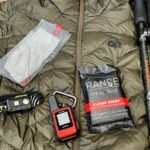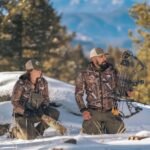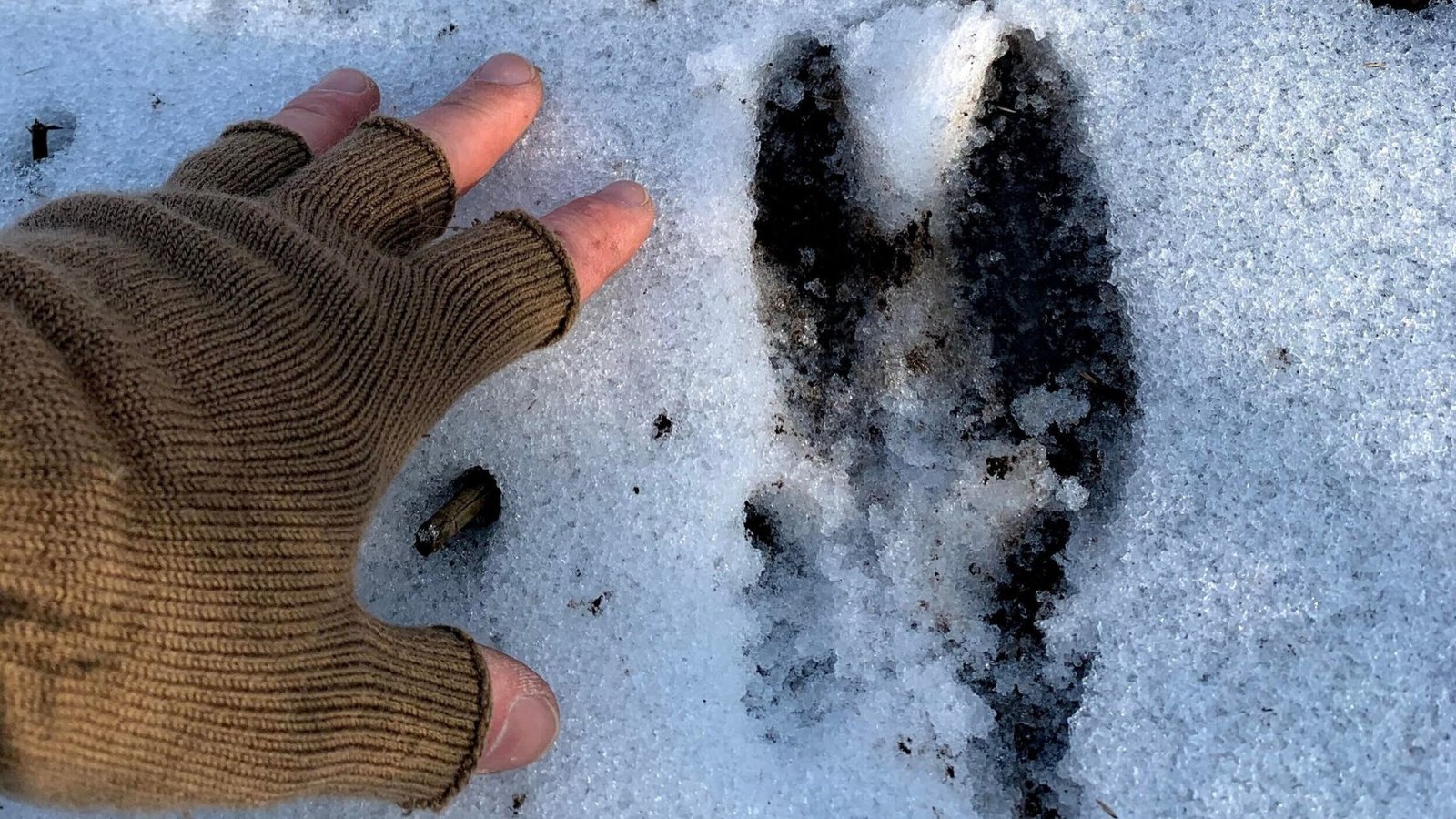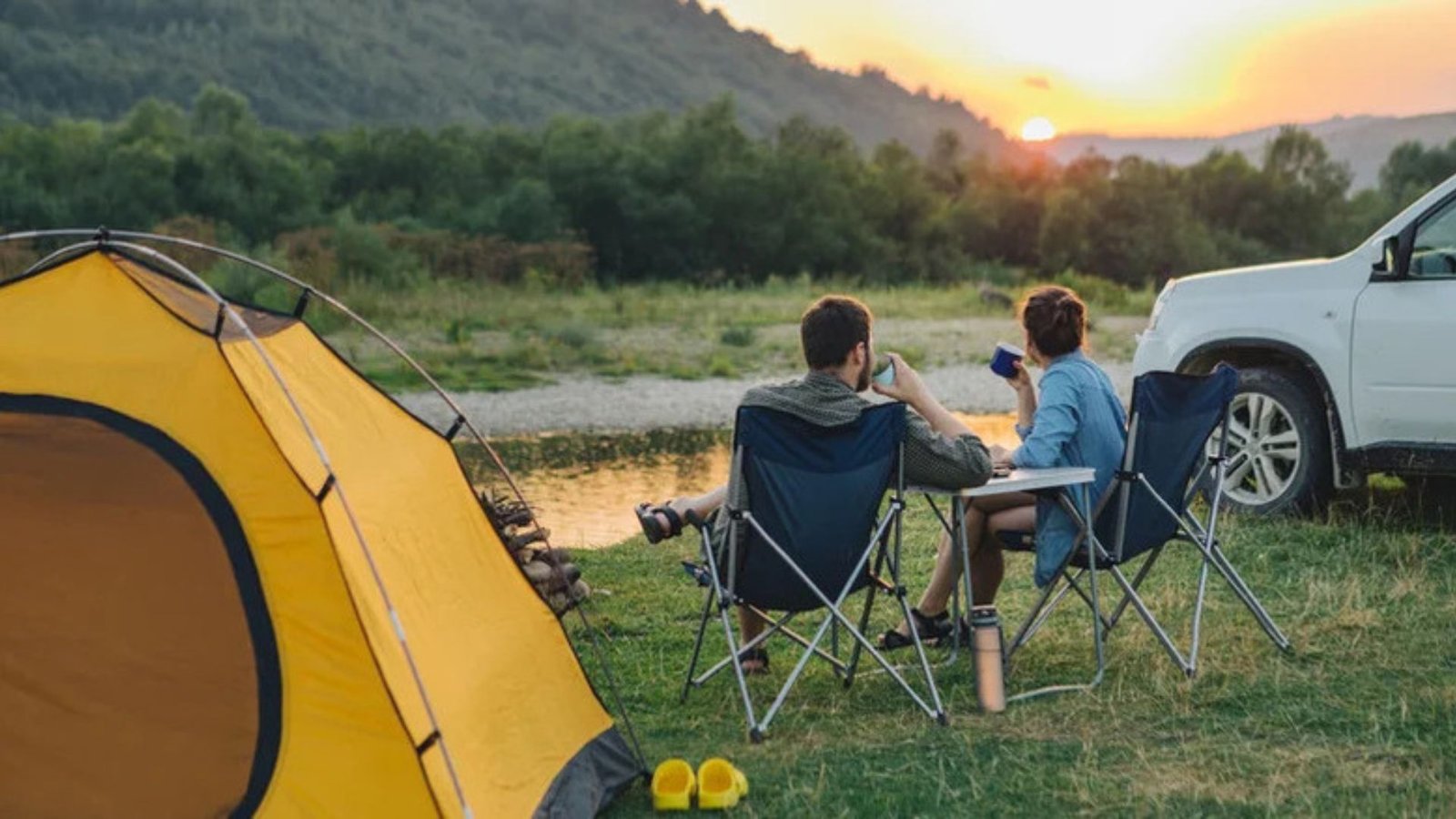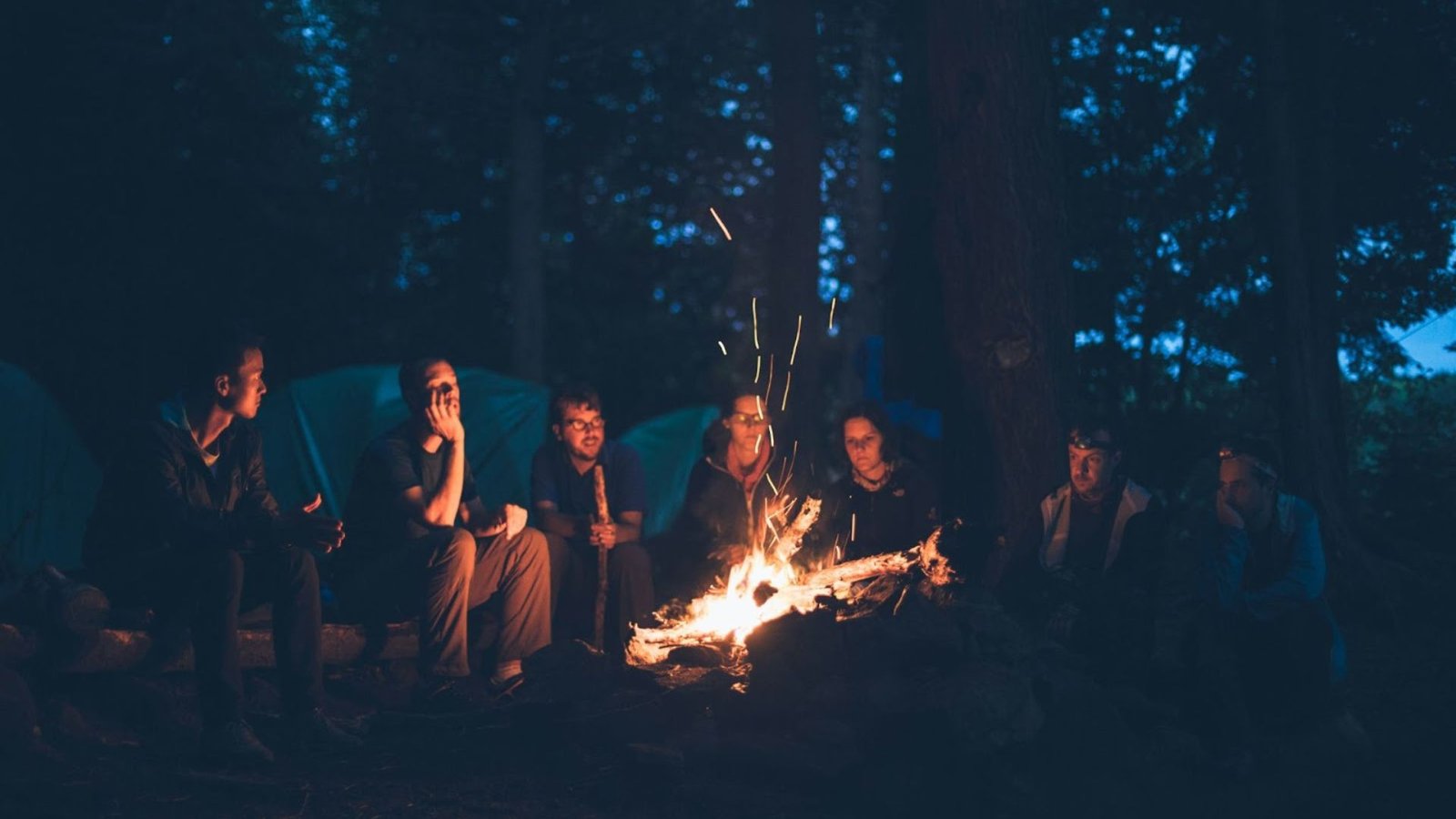Choosing the right hunting camp location is crucial for a successful and enjoyable trip, especially if you’re a beginner. You want to find a place that is easy to access, safe and offers a good chance of success without being too overwhelming. Whether you are hunting in the woods, fields, or mountains, there are plenty of great locations to get started. In this article, we’ll explore some of the best hunting camp locations for beginners, focusing on ease of access, availability of game, and overall hunting experience.

1. National Forests
National forests are some of the best hunting spots for beginners because they provide a wide range of environments and are usually well-managed for wildlife. These forests are accessible to the public, making them easy to reach, and they often have areas specifically set aside for hunters. National forests typically have abundant game, including deer, wild turkey, and small game like rabbits and squirrels. The terrain can vary from flat to hilly, so beginners can choose areas that suit their experience level. Additionally, many national forests offer campgrounds with amenities like restrooms, picnic tables, and water sources, making them convenient for beginners.
2. State Parks
State parks are another great option for beginners. They offer easy access, and esignated hunting zones, and often have specific regulations to help new hunters stay safe and follow best practices. State parks are usually less crowded than public lands, making them an ideal place for beginner hunters who might be concerned about running into other hunters. Many state parks also offer well-maintained campsites with amenities, such as fire rings and food storage. Game species in state parks often include deer, turkey, and waterfowl, giving beginners a variety of options for hunting. Before you go, make sure to check local regulations, as hunting seasons and areas may vary.
3. Wildlife Management Areas (WMAs)
Wildlife Management Areas (WMAs) are specifically designed for managing wildlife populations and providing hunting opportunities. These areas are great for beginners because they are often stocked with games and have clear, well-marked trails. WMAs are often less crowded than national forests and are typically managed for both wildlife and public access, which means they are more beginner-friendly. They can be located in rural areas, making them quieter and offering a more peaceful hunting experience.Gamese such as deer, turkey, and even waterfowl can often be found in these areas. Make sure to obtain any necessary permits and familiarize yourself with the specific rules of the area before heading out.
4. Private Land (With Permission)
While hunting on private land may seem intimidating for beginners, it can be one of the best options if you can obtain permission from the landowner. Private land often offers fewer hunters, more control over hunting conditions, and better opportunities to track and hunt game. If you have friends, family, or acquaintances who own land, ask if you can hunt there. Many landowners are willing to allow hunters in exchange for helping with tasks like maintaining trails or checking on wildlife. Make sure to have a written agreement and always respect the landowner’s rules. Some private land areas also offer guided hunts for beginners, which can be an excellent learning experience.
5. Local Hunting Clubs
If you are just starting and looking for a supportive and safe environment, joining a local hunting club is a great option. Many hunting clubs have private land where members can hunt, and they often offer guided hunts and classes for beginners. This is a fantastic way to learn from experienced hunters while gaining access to prime hunting locations. Hunting clubs may have a variety of game species available, and club members typically share tips and knowledge about the area. While there is usually a membership fee, it can be worth it for beginners who want to ensure they are hunting in safe, controlled environments with plenty of support.
6. Local Farm Lands
Hunting on farmland is another great option for beginners, as many farmers allow hunting on their properties to help control wildlife populations, especially deer and wild turkeys. Farms are generally easy to access and have well-defined boundaries. However, it is important to always get permission from the landowner before hunting on any private property. Be respectful of the land and its owner, and always follow any specific rules or restrictions they may have. Many farmers will also appreciate hunters helping to manage wildlife that may be damaging crops. Always remember to follow ethical hunting practices and treat the land with respect.
7. Public Hunting Areas with Special Regulations
Some public hunting areas, such as those managed by state wildlife agencies, offer special programs for beginners. These areas often have designated hunting zones that are specifically set up to help newcomers learn the basics of hunting. These programs may include hunter safety courses, guided hunts, or even mentorship opportunities with experienced hunters. Public hunting areas with these special regulations tend to be less crowded and may provide a more controlled, beginner-friendly experience. Check with your local wildlife agency to see if any programs are available in your area.
8. Waterfowl Hunting Areas
If you’re interested in waterfowl hunting, certain areas are better suited for beginners due to the easy access and abundance of game. Lakes, rivers, and wetlands managed by the state or federal government offer great opportunities for waterfowl hunting. These areas typically have low-pressure zones and are often set aside to protect migratory birds, making them a good choice for beginners. Waterfowl hunting can be an exciting challenge, and these locations usually have plenty of public access points and parking areas. Be sure to check local regulations for hunting seasons, bag limits, and permits before heading out.
Conclusion
For beginners, the right hunting camp location can make all the difference in having a successful and enjoyable experience. National forests, state parks, and wildlife management areas are some of the best places to start because they offer great game opportunities, easy access, and manageable terrain. Private land, hunting clubs, and localfarmlandss also provide great options with fewer hunters and more privacy. Wherever you choose to hunt, make sure you have the proper permits, follow regulations, and respect the environment. By choosing the right location and preparing properly, you’ll be on your way to a memorable hunting adventure. Happy hunting!



